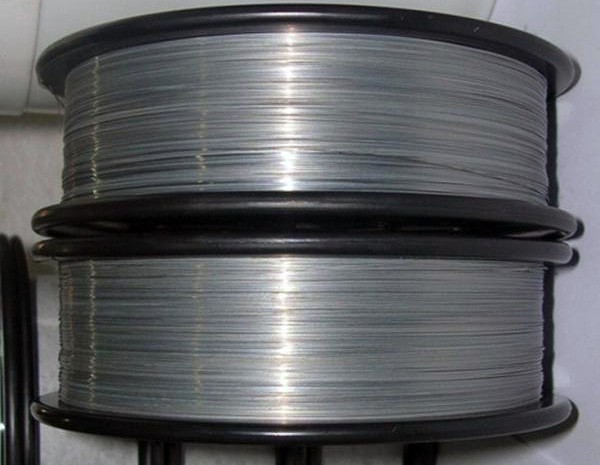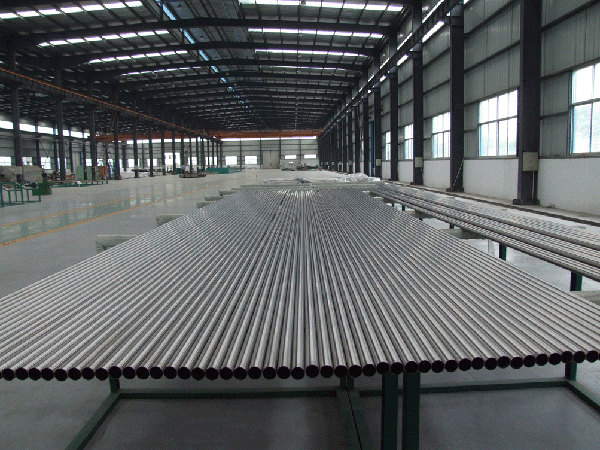Best Practices in Choosing Titanium Wire and Zirconium Tube
In the realm of industrial materials, the quest for excellence is unending. Industries demand materials that not only meet their requirements but also exceed expectations in terms of durability, reliability, and performance. This quest often leads them to the realm of titanium wire and zirconium tube, two stalwarts in the world of metallurgy. Titanium wire and zirconium tube have emerged as indispensable components across various industries due to their exceptional properties and versatility.
Exploring the Versatility of Titanium Wire
Titanium wire stands as a testament to the wonders of modern metallurgy. Renowned for its exceptional strength-to-weight ratio and corrosion resistance, titanium wire finds applications across a myriad of industries. From aerospace to medical implants, its versatility knows no bounds.Titanium Wire in Aerospace: In the aerospace industry, where weight is a critical factor, titanium wire shines brightly. Its lightweight nature allows aerospace engineers to reduce the overall weight of aircraft without compromising on strength, thus enhancing fuel efficiency and performance.
Titanium Wire in Medical Implants: The biocompatibility of titanium makes it an ideal choice for medical implants. Its inert nature ensures minimal reactivity within the human body, reducing the risk of rejection and complications. Titanium wire is commonly used in orthopedic implants, dental implants, and surgical instruments.
Choosing the Right Titanium Wire: When selecting titanium wire for your industrial needs, several factors come into play. Consider the grade of titanium, diameter, and surface finish to ensure it aligns with your specific requirements. Grade 5 titanium, also known as Ti-6Al-4V, is a popular choice due to its excellent strength and corrosion resistance.

Unveiling the Potential of Zirconium Tube
Zirconium tube, although less heralded than its titanium counterpart, holds immense promise in various industries. Known for its high-temperature resistance, low thermal neutron absorption, and exceptional corrosion resistance, zirconium tube finds applications in nuclear reactors, chemical processing, and medical devices.Zirconium Tube in Nuclear Reactors: In the realm of nuclear energy, zirconium tube plays a pivotal role as a cladding material for fuel rods. Its low thermal neutron absorption and corrosion resistance make it an ideal candidate for withstanding the harsh conditions within nuclear reactors, ensuring the safety and efficiency of nuclear power generation.
Zirconium Tube in Chemical Processing: The corrosion resistance of zirconium finds its true calling in chemical processing applications. Zirconium tube is often used in the construction of heat exchangers, reaction vessels, and piping systems for handling corrosive chemicals, acids, and alkalis.
Selecting the Perfect Zirconium Tube: When procuring zirconium tube for your industrial endeavors, pay heed to factors such as purity, wall thickness, and dimensional tolerances. High-purity zirconium ensures optimal performance and longevity in corrosive environments.






